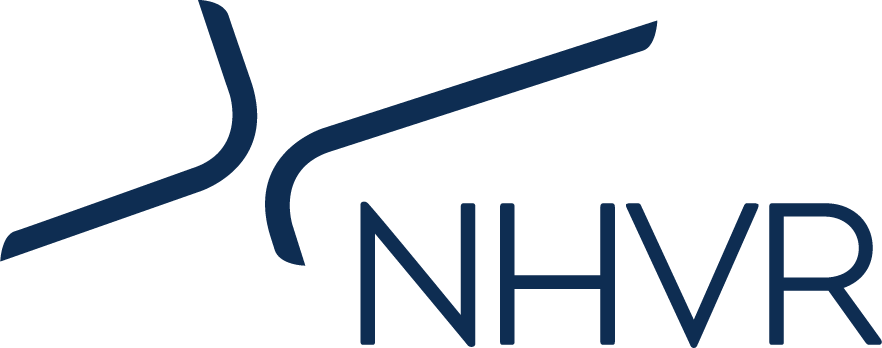How to apply for a work and rest hours exemption permit
How to apply for a work and rest hours exemption permit
National
Heavy
Vehicle
Regulator
The HVNL sets out maximum work time limits and minimum rest time limits to prevent drivers from becoming impaired by fatigue or breaching road transport fatigue laws. Some fatigue-regulated heavy vehicle operators may have operational demands that reach beyond HVNL limits. In such cases, a work and rest hours exemption permit can be granted to allow greater flexibility.
To meet the detailed eligibility requirements of this permit, applicants must demonstrate that Advanced Fatigue Management (AFM) or Basic Fatigue Management (BFM) limits don’t suit their operational needs and complete a robust application process.
The NHVR must be fully satisfied that the application meets the requirements of the HVNL.
To apply for a work and rest hours exemption permit, you must ensure your fatigue risks are managed effectively.
Contact us to help you assess the fatigue risks associated with your proposed work and rest hours.
Preparing your application
Assess your fatigue risks
Review your business needs and identify fatigue risks based on your proposed work and rest hours.
Design countermeasures
Develop countermeasures to manage fatigue risks and ensure safe operations. These should be incorporated into your business practices, including notifying staff of any changes.
Create a Safety Case
Your application must include a detailed Safety Case explaining how fatigue risks will be assessed and managed.
The Safety Case should cover:
Risk assessment: identify the fatigue risks and their potential impact on drivers.
For additional guidance around fatigue in the heavy vehicle industry see Regulatory Advice – Fitness to drive: Fatigue.
Risk offsets: describe countermeasures to help offset these risks including schedule-based practices (e.g., increased rest breaks) and other business practices (e.g., fatigue-monitoring devices).
Examples of schedule-based practices include:
- larger sleep opportunities before and/or after long shifts
- changing the time of day of work
- allowing extra discretionary rest during work
- scheduling more frequent reset rest breaks.
Other business practices may include:
- the use of fatigue-monitoring devices and supporting management systems
- the use of telematics
- regularly maintained, good-quality sleeper berths and driver cabs
- scheduling of non-driving work activities during a shift.
Inspection and observation: Ensure procedures are in place to monitor driver fitness and enforce a drug and alcohol policy.
Reporting: Outline how drivers can report fatigue-related hazards and how management will use this information.
Monitoring: Include plans for monitoring driver health and fitness, as these factors are crucial to managing fatigue.
Operators should use the development of their Safety Case to assess how comprehensive their alternative fatigue management practices are.
Submitting an application
The NHVR cannot grant an exemption unless it is satisfied that the proposed alternative fatigue management practices will not affect public safety.
To submit your application:
- Prepare a Safety Case detailing information on your plan for safely managing the risks associated with your proposed work and rest hours and how you will comply with the HVNL requirements.
- Complete the 'Establish work and rest hour exemption permit form'.
Completed forms can be submitted via:
Email: Fatigue.Management@nhvr.gov.au
Post:
Fatigue management
National Heavy Vehicle Regulator
PO Box 492
Fortitude Valley QLD 4006
After submission
If you are granted a work and rest hours exemption permit, it will outline your approved alternative fatigue management practices and any other conditions that must be met when working under the exemption.
It is important to explain your alternative fatigue management practices to your drivers and make sure they carry a copy of their permit whenever they are scheduled to work under those practices.
If they fail to carry the permit or exceed limits set in the exemption, they may be seen as committing a work and rest hours offence under the HVNL.
If it is clear that your alternative fatigue management practices and any conditions on your work and rest hours exemption permit are not working effectively, or are not being complied with, the NHVR can cancel the exemption permanently.
Managing your work and rest hour exemption permit
If you want to amend, replace or cancel your work and rest hour exemption permit, or if it is about to expire, visit the Fatigue management exemptions page.

 Accessibility tools
Accessibility tools

